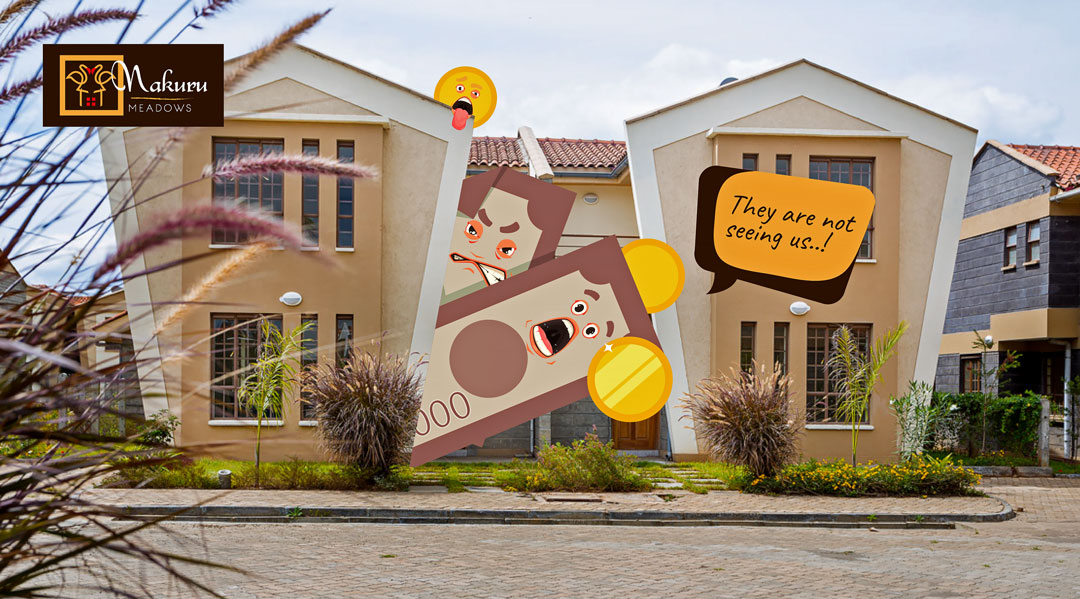There are several additional costs associated with buying a home that many people aren’t aware of. These are often called closing costs. Many first-time homebuyers are surprised to find out how much they have to spend in addition to their down payment.
It’s best to know all these potential costs so you won’t be caught off guard when you’re about to close. In some cases, you may be able to get your broker or lender to waive some of the expenses described below.
Stamp Duty.
Stamp duty is an amount of money imposed on leases, transfer of properties, and securities. It is basically tax which is applied on property documents when you’re either buying or selling a house.
The amount of stamp duty paid is dependent on the location and price of the house. The more the property is worth, the higher you pay. For the transfer of immovable property in urban areas, the stamp duty rate is 4%.
Legal Fees.
Land buying is not a process that you can do on your own, so it is advisable to engage a lawyer who will guide you, and even carry out some tasks on your behalf like carrying out background checks and searches which are meant to confirm that indeed the land that you intend to buy actually does exist.
Valuation Fees.
Valuation is the practice of analyzing real properties developing an opinion on their value using tested and proven scientific process
A valuation is an assessment of what your home is worth, calculated by a professional valuer. A valuation report is typically required whenever a property is bought, sold or refinanced. The valuation fee is paid to cover the cost of preparing a valuation report.
Registration & Transfer Fees.
A fee is charged for Consent to Transfer from commissioner of lands and for registration of transfers.
Appraisal Fees.
An appraisal fee is a payment made to someone to evaluate how much a home is worth. It is essentially a fee to estimate the value of a property.
An appraisal is also usually needed so that your lender can justify the money it’s lending you for your property
Home inspection fee.
A home inspection is a wise investment. The cost of getting one done could be small compared to potential repair costs after the sale is closed. The price of a home inspection will vary depending on the size of the house, and some lenders will require one before they issue a mortgage.
When you’re about to make a purchase, a home inspector can help uncover any issues with the property. This can allow you to negotiate with the seller if there are problems found. Some sellers may already have a home inspection done ahead of time to save potential buyers from having to hire their own inspectors.
A home inspector will go through the home to see if there are any problems. They’ll check the plumbing, electrical, heating, and air conditioning, windows, walls, floors, ceilings, and other parts of the home to make sure everything is in good condition. They’ll also check out the exterior if you’re buying a house.
Moving costs.
The cost of moving can vary. If you rent a truck, get free boxes from work, pack everything yourself and have a few friends help out, the costs will be lower. Hiring a moving company will cost more, depending on the level of service you want. You could have them pack and move everything or just move your belongings.
Other costs.
Many other costs may apply to your situation, such as electricity meter connection costs, water meter connection costs, purchaser’s share of reversionary transfer, cost of purchase of share in the management company, advance service charge which ranges from 3-6 months plus one (1) month’s service charge.

